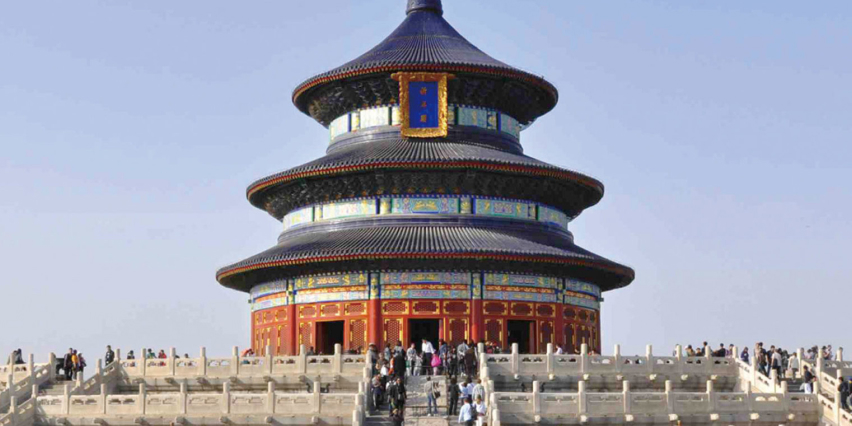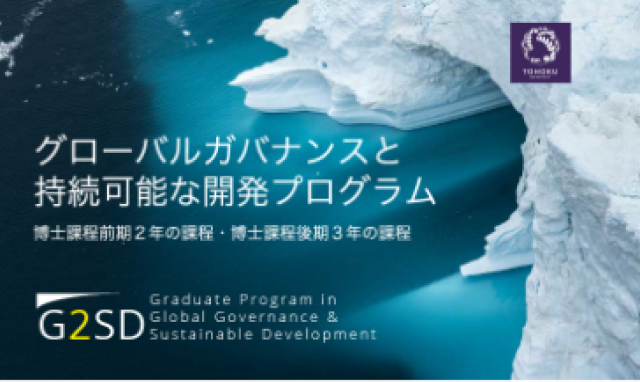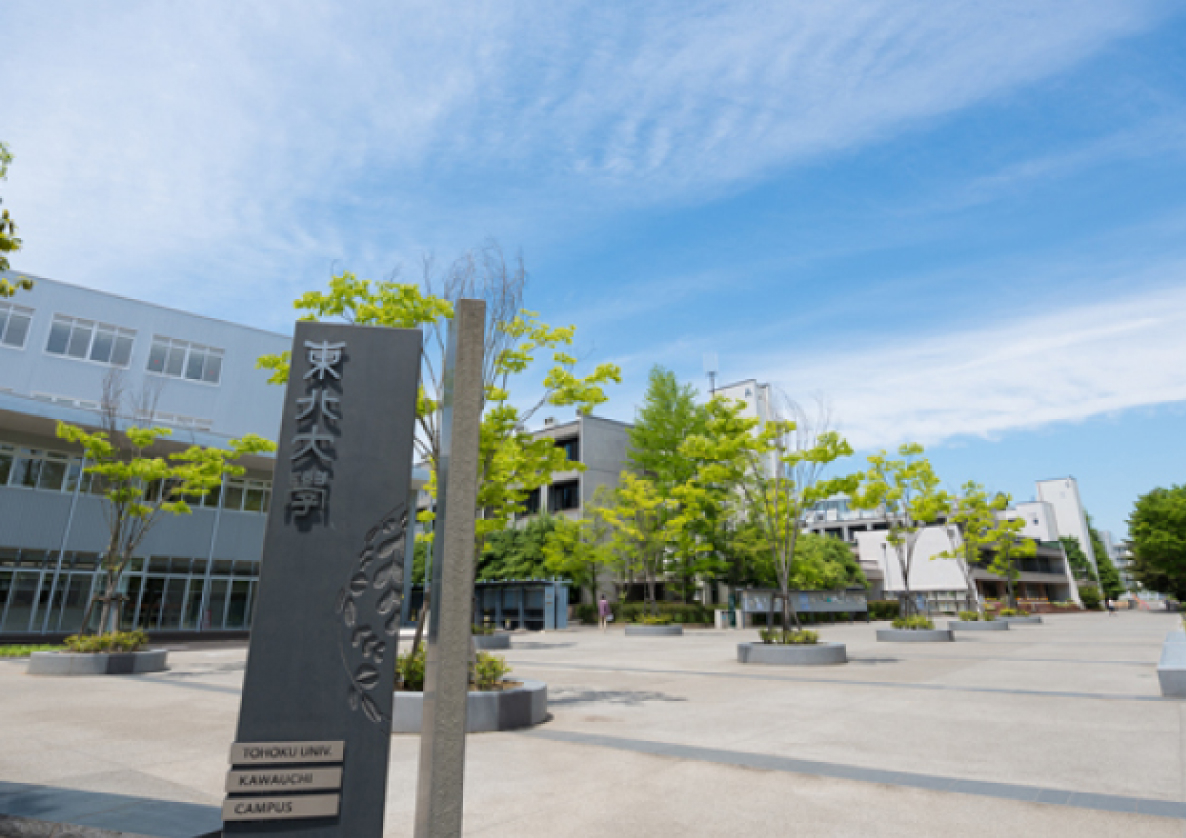In the 21st century, as the world becomes increasingly globalized and borderless, one of the fundamental challenges for Japan is to foster researchers and practitioners who not only understand the languages, cultures, and histories of other countries, but also possess deep insight into the significance and complex issues of international exchange and cooperation, as well as advanced specialized knowledge. Such efforts are essential for building higher-quality international exchange and cooperation.
We consider “international cultural studies” to be an emerging academic field. We seek to establish a new academic discipline that can scientifically develop a theoretical framework capable of capturing the ever-evolving nature of international culture. In order to address urgent global issues of the 21st century, we aim to promote understanding of regional cultures, languages, and social structures; foster mutual understanding between different cultures; promote sustainable peace and coexistence among humankind; and resolve global environmental and resource issues.













